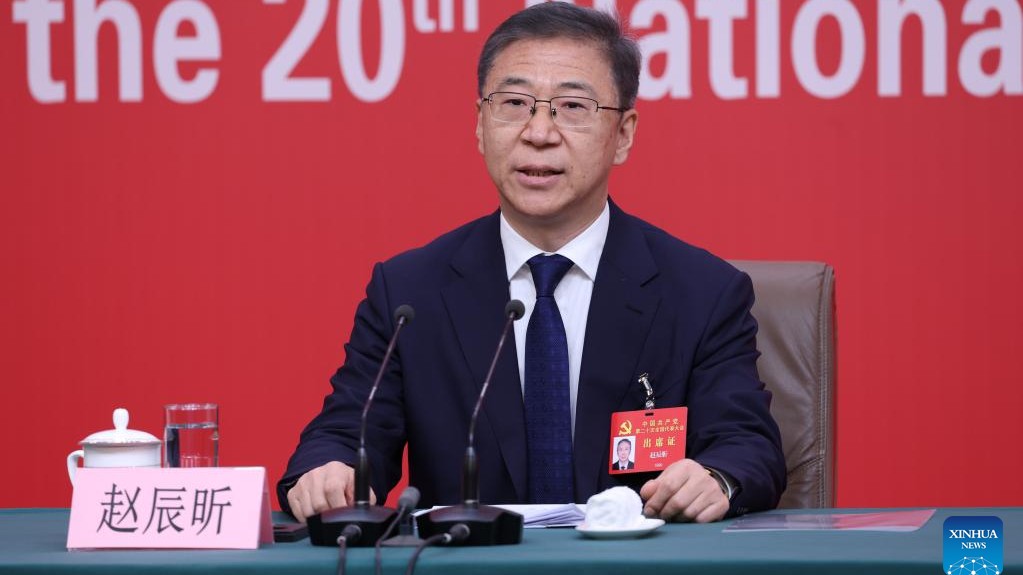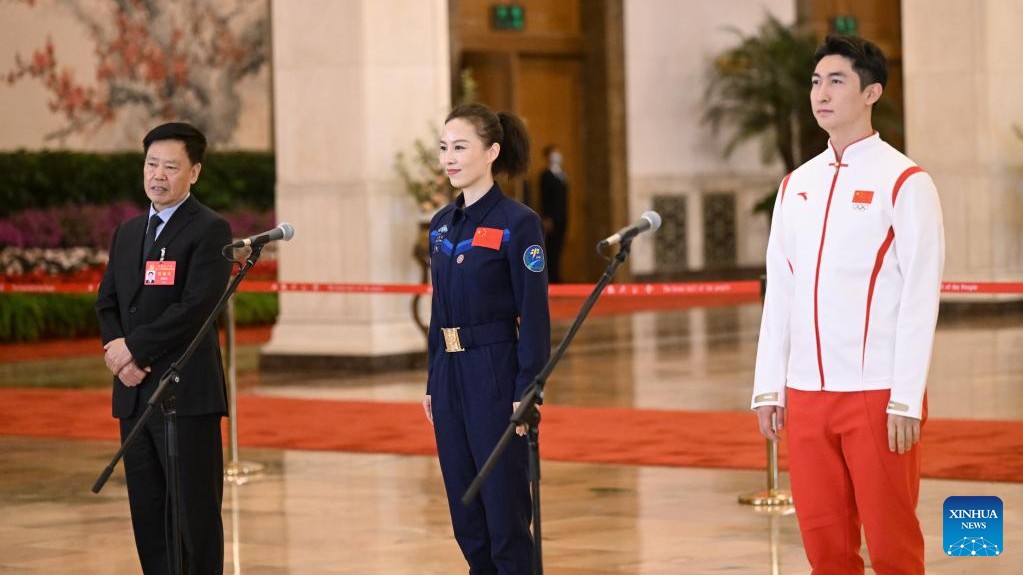After a season of unprecedented challenges, the Chinese Basketball Association is looking to the future with a renewed sense of confidence in its players and its profile.
It may have been business as usual as the Guangdong Southern Tigers beat the Liaoning Leopards 2-1 in the finals on Saturday to claim the franchise's 10th championship. However, that does not tell the full story of the most remarkable season in the league's 25-year history following a four-month interruption due to the COVID-19 pandemic.
"We've had the toughest year ever under extremely difficult circumstances and it took a lot of hard work from everybody involved for us to be here," CBA chairman Yao Ming said during a CCTV interview on Monday.
"Fans only watched how well the teams played on TV, but our league staff and hosts actually played a great game as well to make the season resumption safe and possible."
Due to the coronavirus outbreak in late January, the CBA was forced to suspend its season for four months before it restarted on June 20 in virus-controlled bubbles in two cities-Dongguan, Guangdong province and Qingdao, Shandong province.
After completing a condensed finish to the regular season, 12 teams advanced to the shortened playoffs, which featured one-off games for the first two rounds before the best-of-three semifinal and final series.
Tigers roar
Boasting a competitive roster built around veteran forward Yi Jianlian and former NBA player Sonny Weems, the Southern Tigers outplayed two former champions-the Beijing Ducks (semifinals) and Leopards-to retain the title.
However, the victory came with a high price after Yi ruptured his right Achilles tendon in Game 3 against Liaoning.
Yi's career-threatening injury has overshadowed Guangdong's celebrations and underlined the heavy physical toll the CBA's longest ever season took on the players.
"I think this championship is probably the hardest one and it actually deserves more credit due to the tough situation," said Guangdong head coach Du Feng.
"You had guys take months off midway through the season and then find the chemistry right away after returning to play on a busier schedule," added Du, the league's Coach of the Year.
"Nobody would've understood how much it took physically and mentally from the players to finish this season as we did."
Young guns shine
With the 33-year-old Yi, who has represented China at four Olympic Games (2004-16), now forced to the brink of retirement, the search for future stars to bolster both the league's appeal and the national program's competitiveness has become even more urgent.
Thanks to the absence of some foreign players due to international travel restrictions during the pandemic, a group of young homegrown talents excelled through the resumption, grabbing their chance to shine with more minutes and more clutch plays.
A product of China's high-school league, Xinjiang Flying Tigers' rookie forward Qi Lin stood out from his peers after his team had to play with an all-Chinese roster.
After appearing in nine games in Xinjiang's first 30 rounds before the shutdown, Qi played all the remaining 19 games when he contributed a much-improved average of 10.3 points and 3.4 rebounds in 25.6 minutes.
Although ultimately losing to Liaoning 2-0 in the semifinals, the Flying Tigers could walk away with high hopes of a strong tandem in the making between the 21-year-old and national team center Zhou Qi.
Another standout domestic performer was Wu Qian of the Zhejiang Golden Bulls, whose breakout 48-point haul (including nine 3-pointers) in the quarterfinal against Liaoning earned comparisons to NBA superstar Stephen Curry.
"Wu became more experienced this season and I hope he continues working hard and leads the team going forward," said Zhejiang head coach Liu Weiwei.
Guangdong's maturing backcourt combo of Hu Mingxuan, 21, and Xu Jie, 19, played a big part in the Southern Tigers' successful title defense, delivering superb displays against more experienced performers such as Beijing's Jeremy Lin and Liaoning's Guo Ailun.
"They've handled the pressure quite well and have obviously adapted to the competition on a higher level," said Du, who is also the coach of Team China.
Although China will almost certainly miss out on qualification for next year's postponed Tokyo Olympics, the improvement of homegrown youngsters, especially in backcourt positions, has raised hopes for the national program to rebound from its recent travails.
Mass appeal
Despite the COVID-19 pandemic delivering a heavy hit to the sports sector, the CBA has witnessed some impressive commercial gains as the country's first professional sports league to resume action following the peak of the outbreak.
According to official league data, TV viewership during the regular season increased by 35.8 percent from last season despite the four-month break this term. The overall live broadcasting hours on 20 major platforms, including CCTV, reached 7,401 hours, up 27 percent from the previous campaign.
The league has also secured endorsement deals from 11 new sponsors this season, including two companies who got on board after the restart, taking the CBA's total number of marketing and broadcast partners to an all-time high of 29.
The league's efforts to appeal to a wider audience are paying off, especially during the pandemic when safe and fun entertainment is in high demand, according to experts.
"The return of the CBA during this tough period of time has lifted the spirits of the whole nation, cemented confidence that life is returning to normal and brought fun to people's lives at home," said Zhang Qing, founder of Beijing-based sports marketing consultancy Key-Solutions.
"It also offered invaluable experiences for other sports leagues and even organizations in other sectors to resume operation," he added.
In April 2019, the league unveiled the "CBA 2.0" plan, an initiative masterminded by Yao to improve the league's fan experience, marketing appeal and social impact.
"CBA 2.0 isn't a goal but a process," said Yao. "It's about branding. We are trying hard to make the league a better product, good enough to attract more consumers.
"Now even after the final game was played, I don't feel quite relieved at all to be honest. We still have to make plans for the future to make the league a better product."









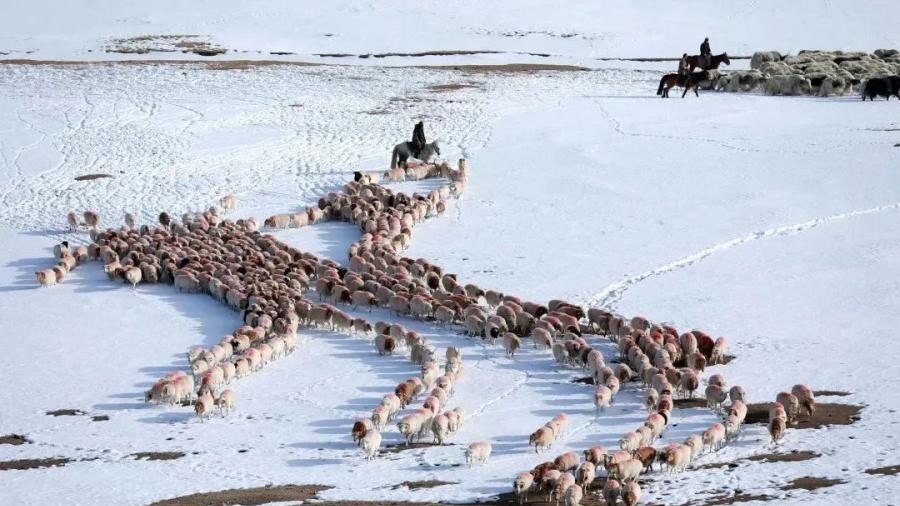
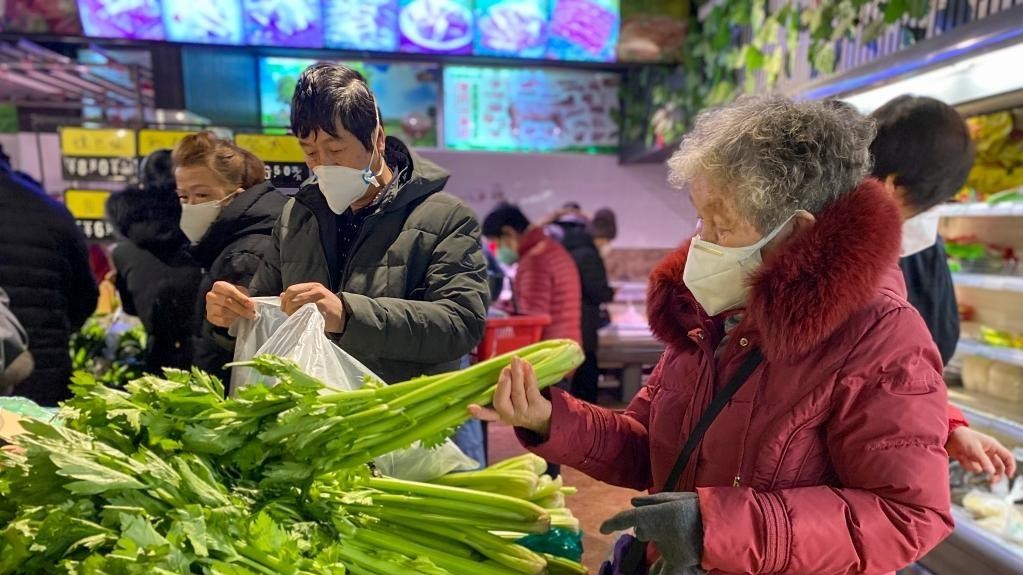
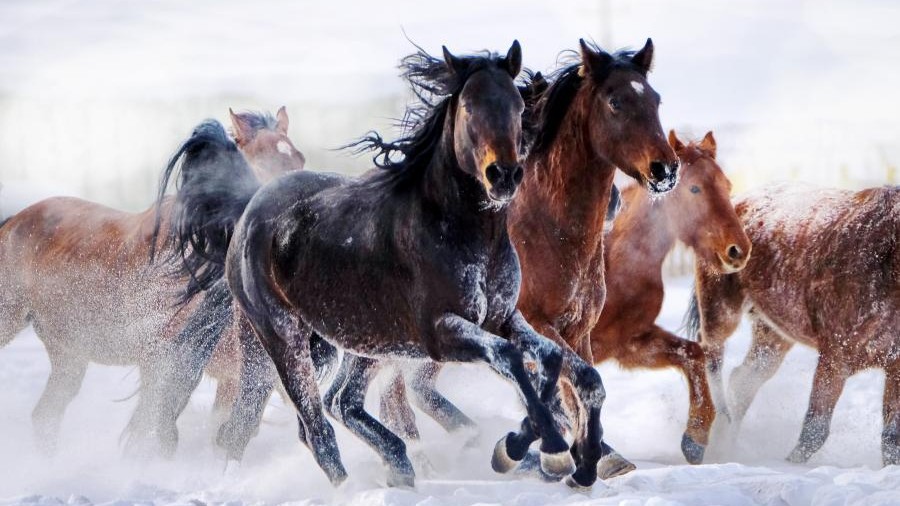
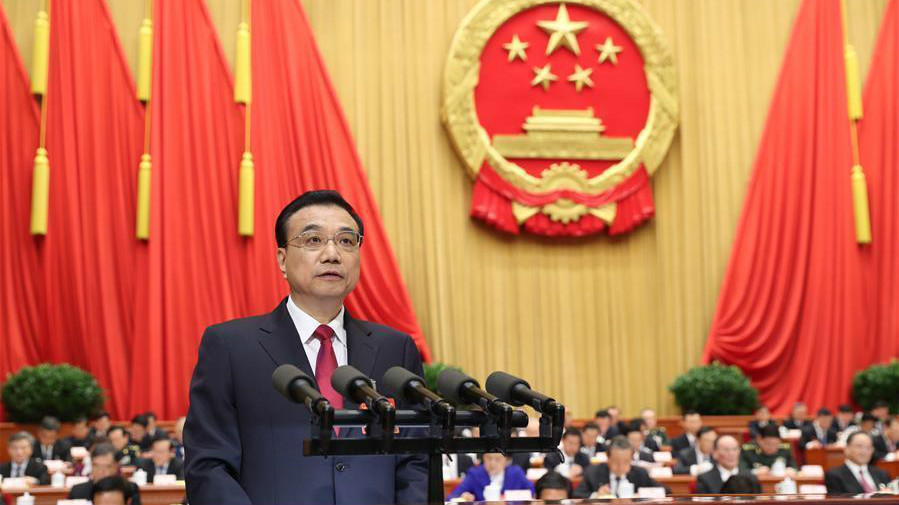

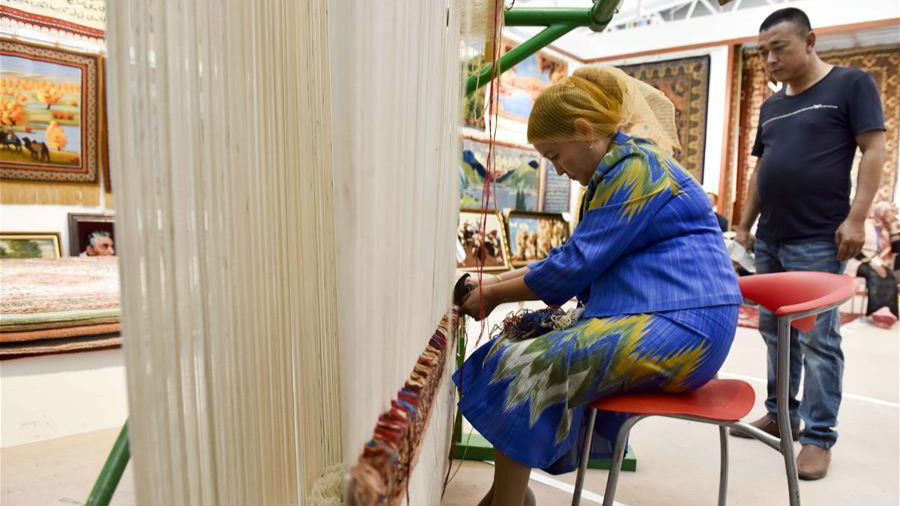
.jpg)
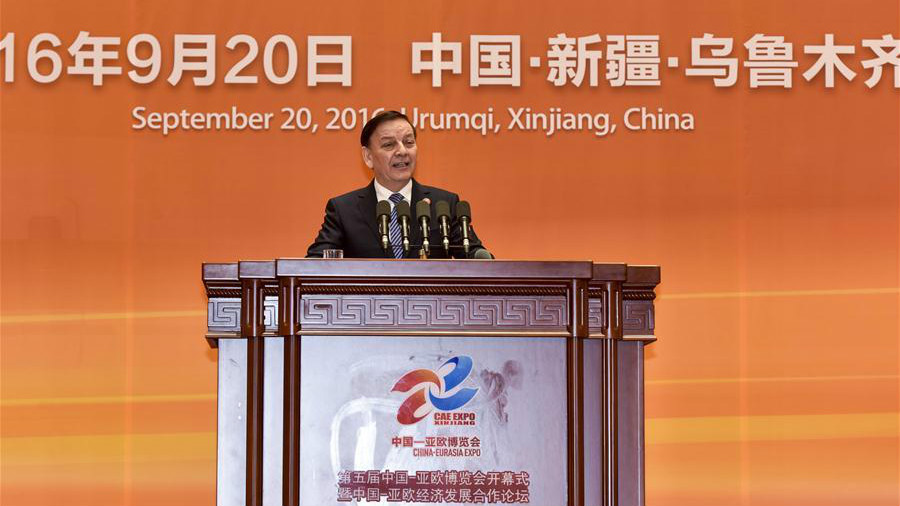
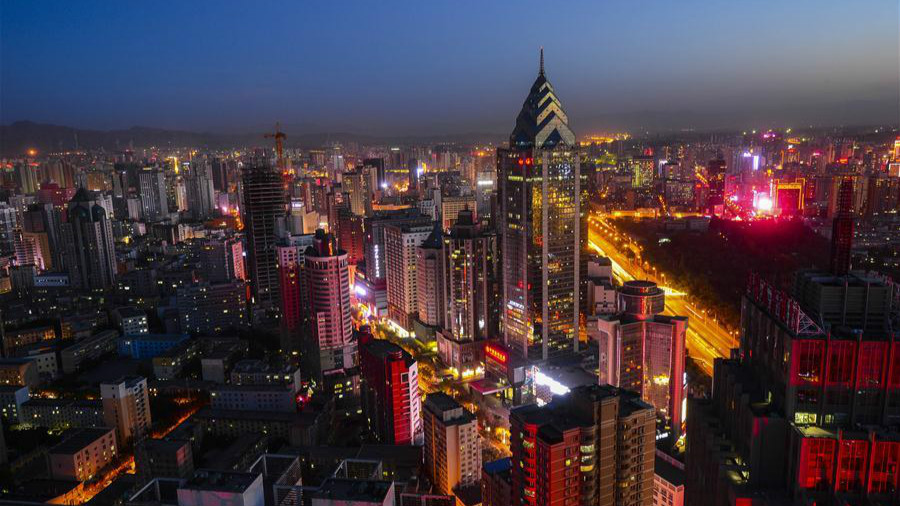

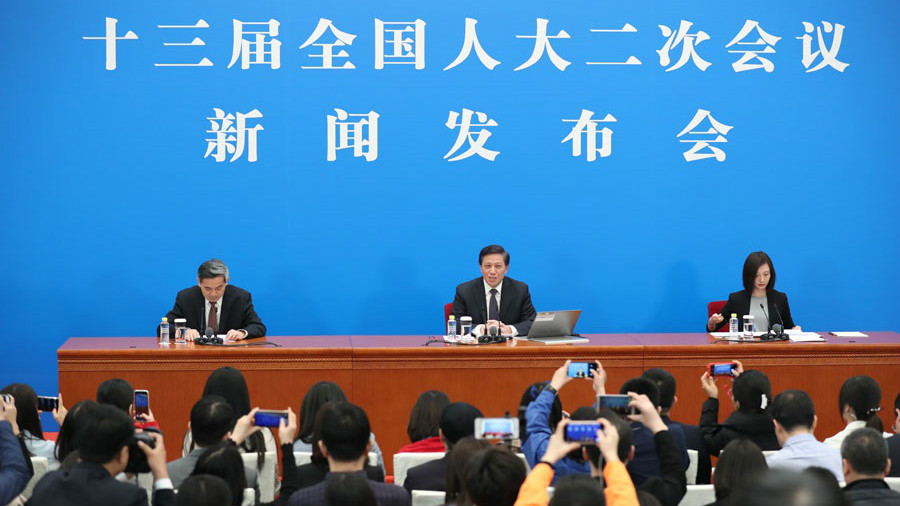

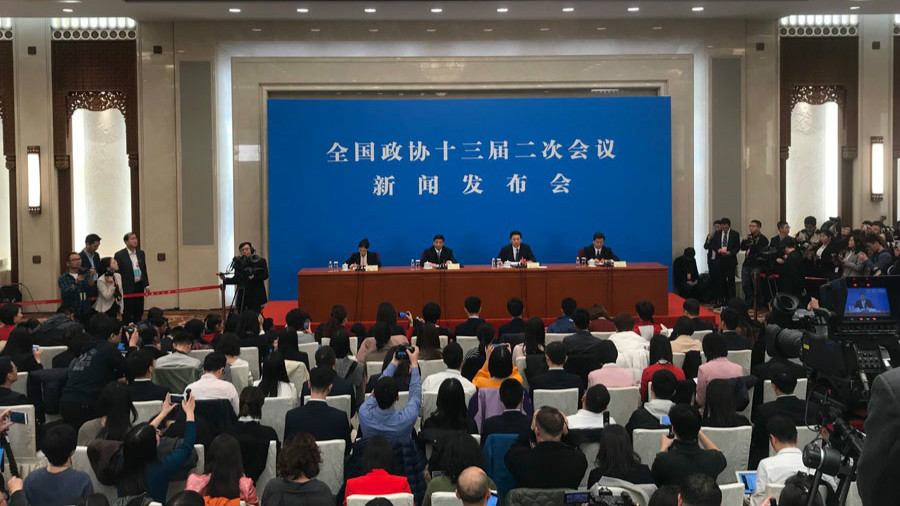
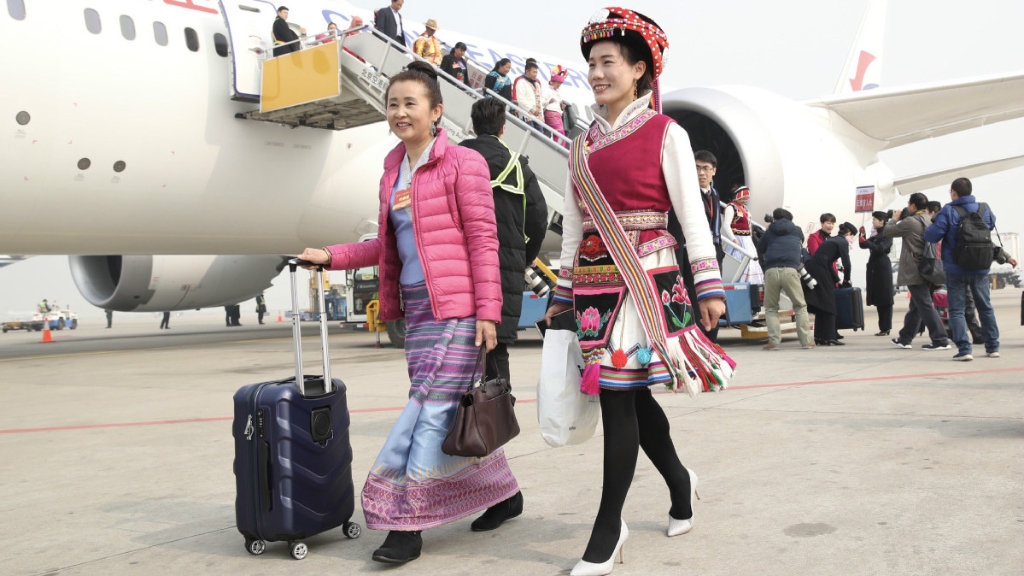
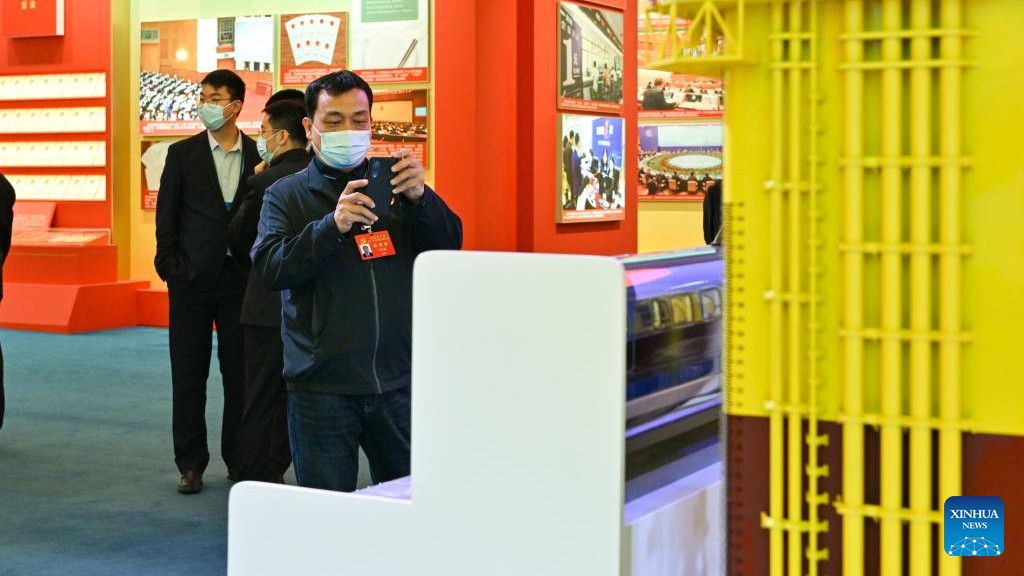
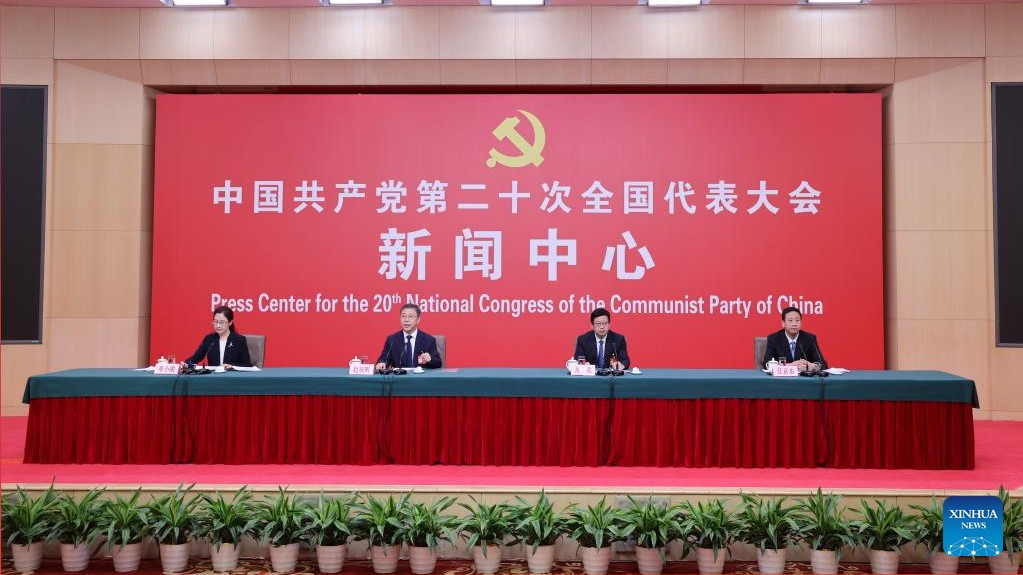
.jpg)
